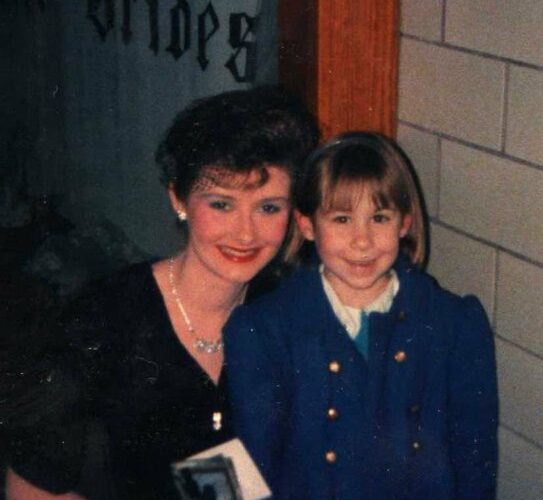Gender is complicated. I’ve thought about this topic a lot, and wanted to talk about some of the things that are ruminating around in my head. I know a lot of people think that when you are a trans person that means that you follow a binary path when it comes to gender. That’s what our society teaches us.
If you were born being labeled a little boy, but you are transgender, binary gender insists that this means you obviously were really a little girl, and vice versa for those born being labeled as girls (that they were obviously little boys). The situation is far more complicated than that. Not everybody follows a binary idea of gender. Even those that do may feel restricted by the idea of explaining who and what they were before transition or coming out versus after transition or coming out.
For me, it has been an evolution of how I identify as I further understand my own gender identity. History affects how I see myself, and I cannot ignore that history. The binary gender structure is incredibly restricting for someone like me. Let me try to explain how I see myself in my gender. Please note that this only applies to me, and other trans people may not feel the same way.
In my history, I believe that I should have been born with a masculine gender identity. I don’t feel like I really fit in with the idea of what a girl was supposed to be. Even then, girls shouldn’t have to be a certain way, but I feel that in my situation things were more complicated. Things like hormones affected my body in different ways, and I believe that is why I identify as a more masculine individual today.
However, I also have to look at my history with how I was raised and socialized. Girls in this country are raised in ways that are much different than how boys are raised. I’ve struggled with body issues, physical and mental abuse as a result of misogyny, harassment, sexual abuse and assault, and various other things that we see primarily happening to young girls. Sure, all of these things can happen to those assigned a masculine gender at birth, but it manifests differently depending on how you were raised. I was raised to think like a girl. I was expected to act like a girl. I had those lessons drilled into me, and that’s not anything I can forget.
My history of being perceived as, and raised as a female, something I experienced for three decades, shapes how I think. It shapes how I react. It shapes how I feel. It shapes how I respond to others in the world. I look around, in public, and I have those same fears I did when I was walking around in the evening as a young “girl.” I feel anxious if I’m doing so alone, especially in places I’m not familiar with. I relate to campaigns we see trying to empower young girls, because those were things I was struggling with when I was a little kid who believed I had to be a girl.
That being said, because I physically look more masculine these days most people find it convenient to erase these experiences from me. I still have body issues. I still struggle to find myself attractive or engaging. I still remember what it’s like to be told I would never accomplish anything as a “disabled female” by male peers. I still question whether I am good enough or smart enough. I still have to get past the inner stigma of speaking out because I grew up being told girls were seen not heard.
While in my heart I may have felt like a little boy, to the rest of the world I was a little girl and that’s how I was raised. No matter how I feel or see myself I cannot ignore that history or a part of myself. It’s simply a part of who I am. Instead of ignoring my history, I need to embrace it and let it empower my work.
For the next generation of transgender kids, growing up being told they are one gender no matter how they feel, we need to do better.


Comments